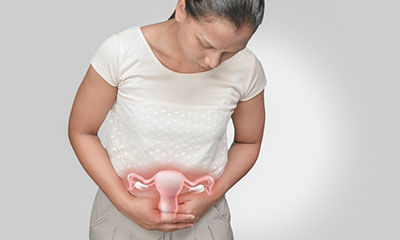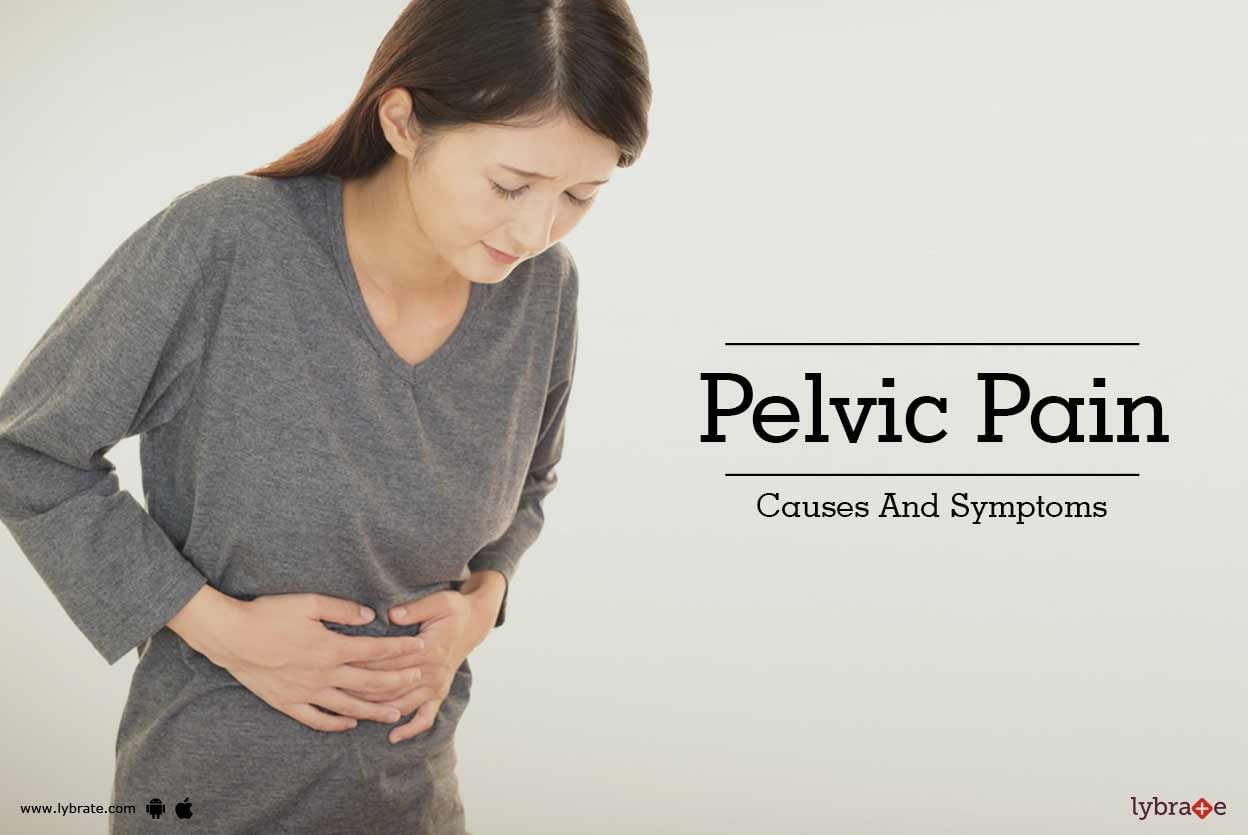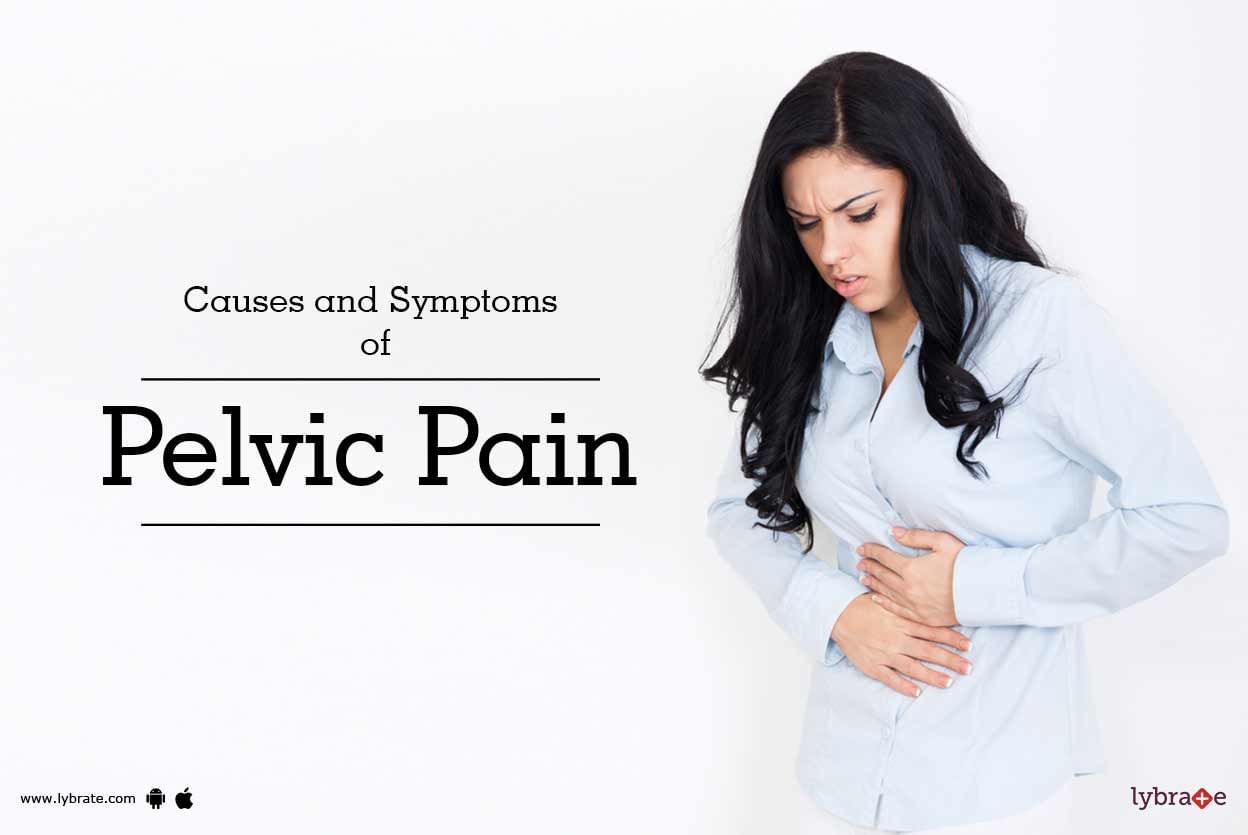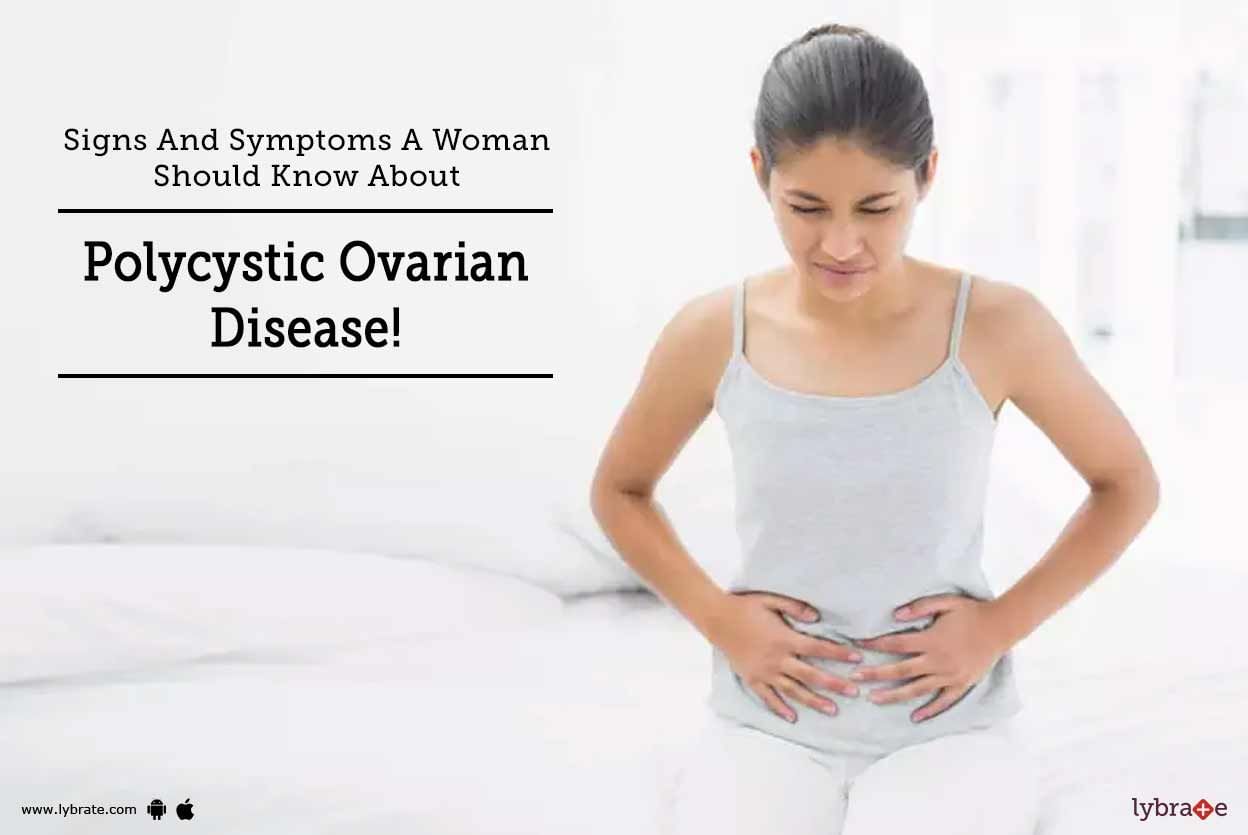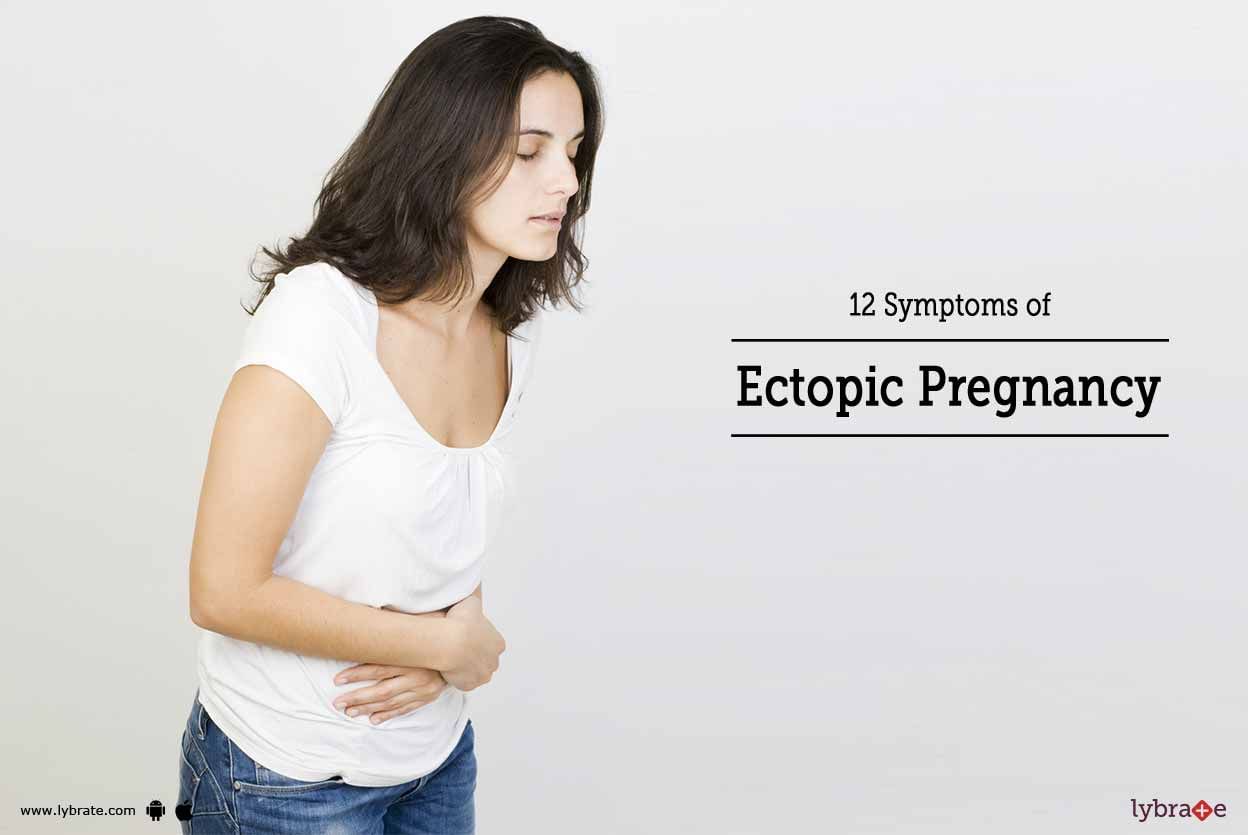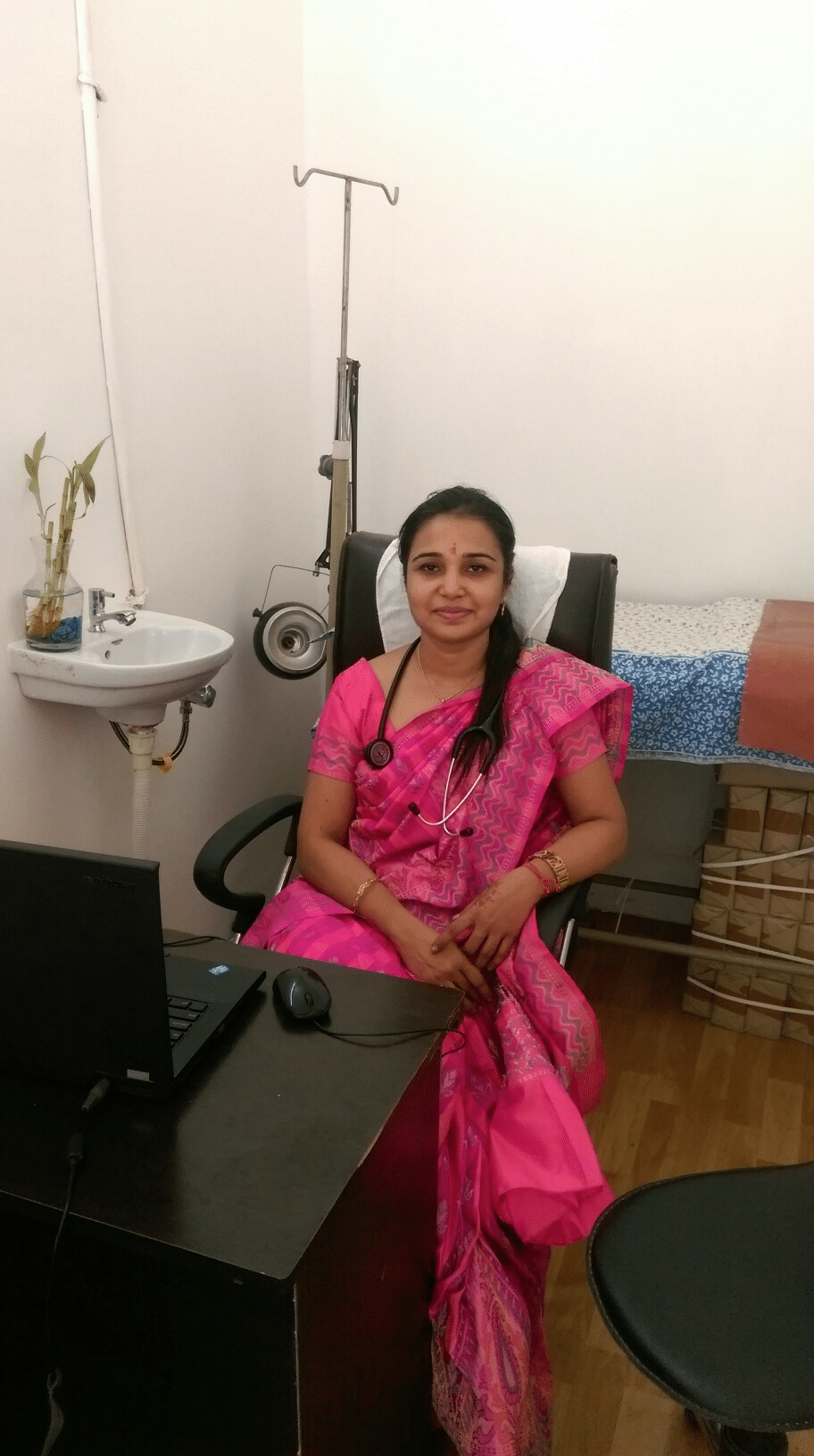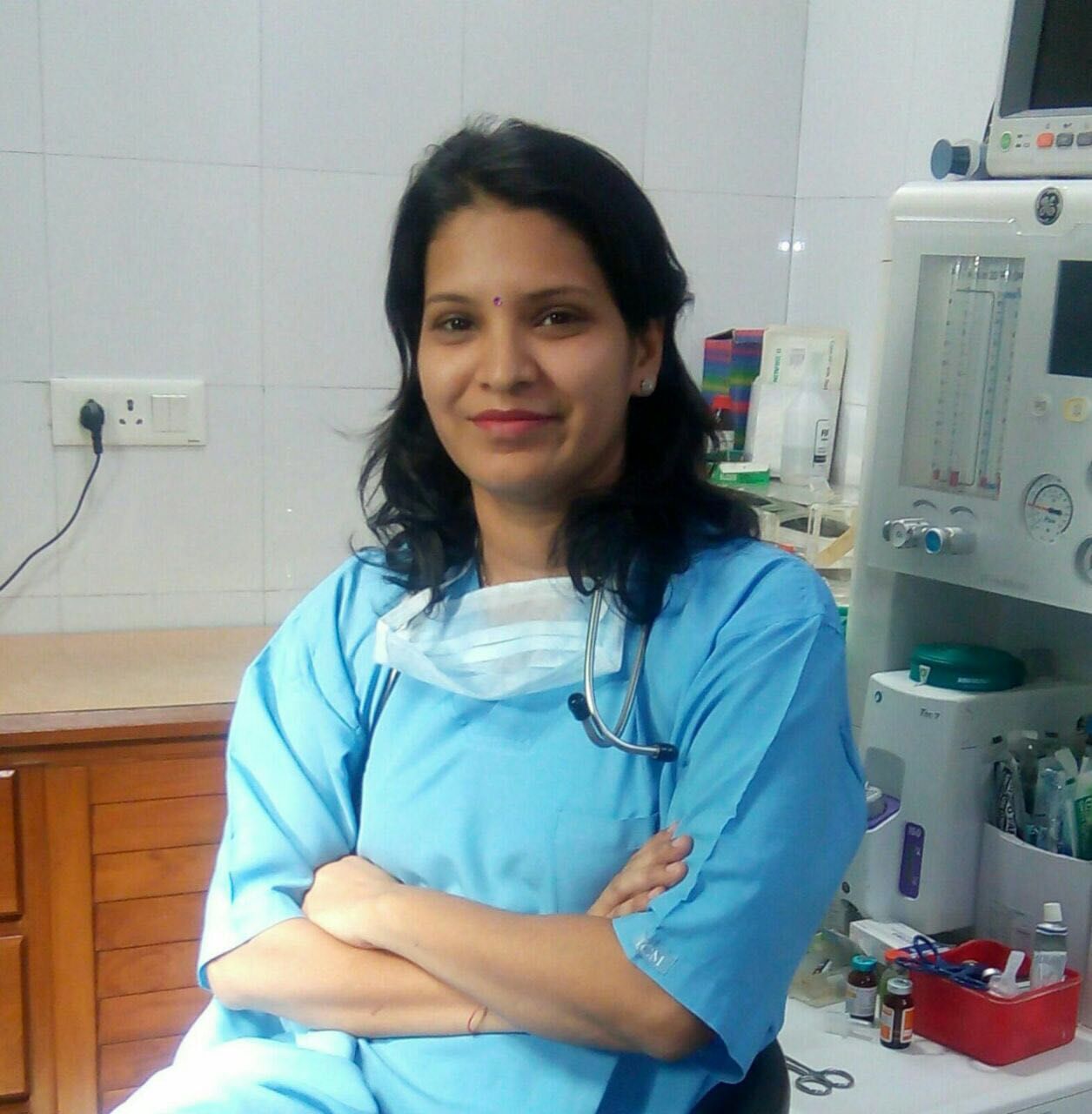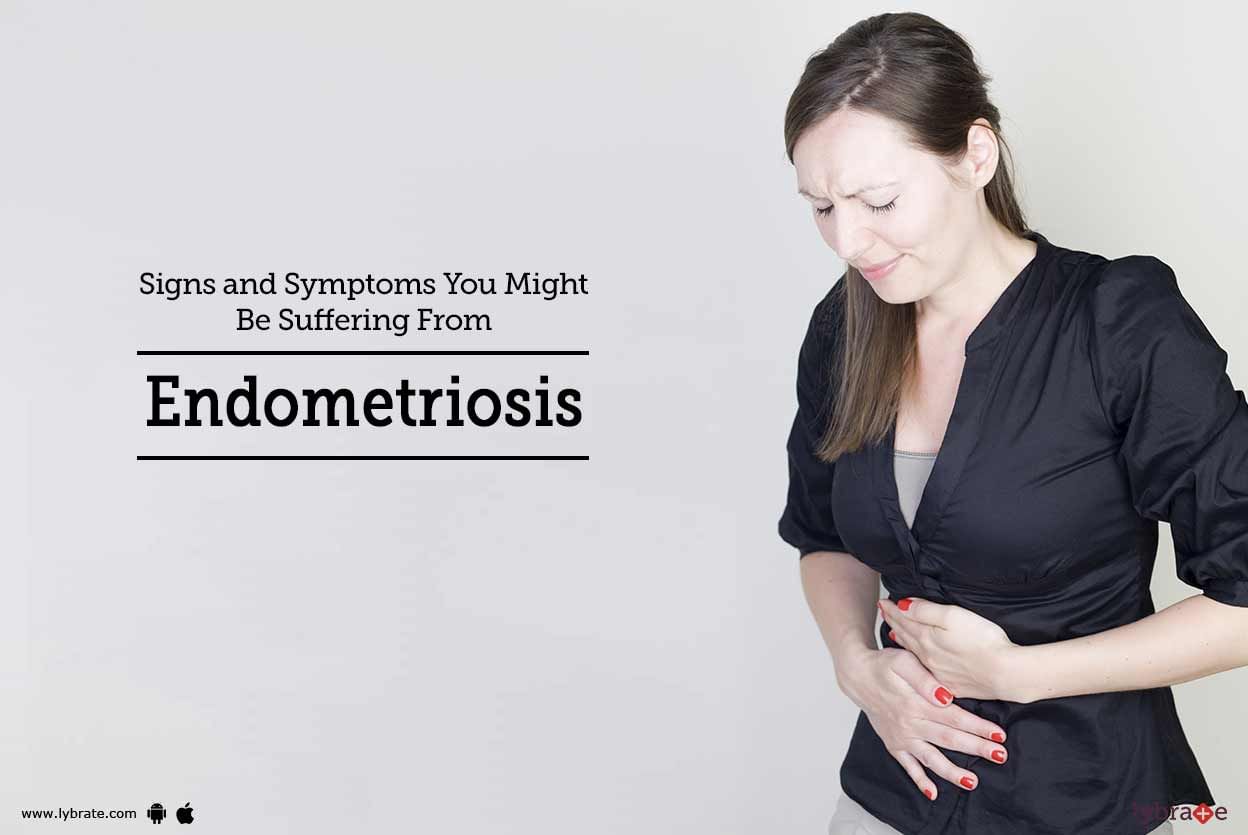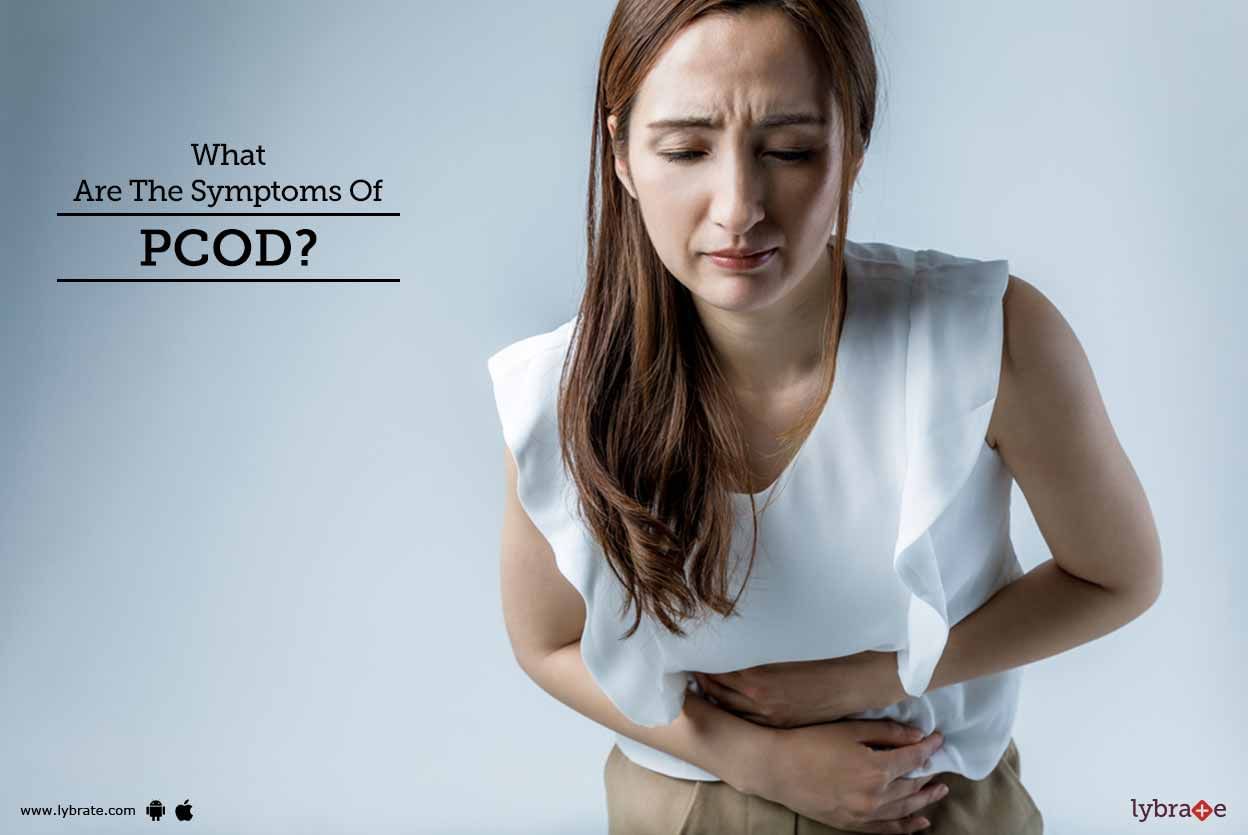Get the App
For Doctors
Login/Sign-up
About
Health Feed
Find Doctors
Health Packages
AllQ&AsTipsQuizzes
Symptoms Of Ovarian Cyst Health Feed
Health Query
Share
Bookmark
Report
Last Updated: 8 years ago• Featured Tip
Share
Bookmark
Report
Pelvic pain is generally referred to as the pain in the lower abdominal region. Pelvic pain might be acute, sudden, or chronic, recurrent, cyclical in nature. It may present as central or lateralized pain and might spread to the thighs and buttocks. Pelvic pain might be an indication that something is wrong with the internal reproductive organs located in the pelvic region such as ovaries, fallopian tube, uterus and vagina in which case occurrence of pain may be related to particular time in men...more
Last Updated: 9 years ago• Featured Tip
Share
Bookmark
Report
Pelvic pain is generally referred to as the pain in the lower abdominal region. Pelvic pain might be acute, sudden, or chronic, recurrent, cyclical in nature. It may present as central or lateralized pain and might spread to the thighs and buttocks. Pelvic pain might be an indication that something is wrong with the internal reproductive organs located in the pelvic region such as ovaries, fallopian tube, uterus and vagina in which case occurrence of pain may be related to particular time in men...more
Last Updated: 7 years ago• Featured Tip
Share
Bookmark
Report
Gynaecologist•Chennai
Polycystic Ovarian Disease results from the disorder more commonly known as PCOS or Polycystic Ovary Syndrome. A syndrome is starkly different from a disease, for the former entails a set of symptoms usually occurring in concurrence, while the latter means a particular biological condition with an identifiable reason behind it. A syndrome solicits your concern and forethought in order to eliminate or at least control the chances of an underlying disease. Trigger to a syndrome is undetectable and...more
Last Updated: 8 years ago• Featured Tip
Share
Bookmark
Report
What is ectopic pregnancy?
Ectopic pregnancy is also known as tubal pregnancy, is a complication wherein, the fertilised eggs attach themselves outside the uterus. In most cases, it causes severe internal bleeding and serious infections. It is a very serious condition that warrants prompt medical attention as soon as it is diagnosed. Mostly, in this type of pregnancy, the fertilised egg attaches itself to the fallopian tube inside the body; the reason why it is known as tubal pregnancy....more
Ectopic pregnancy is also known as tubal pregnancy, is a complication wherein, the fertilised eggs attach themselves outside the uterus. In most cases, it causes severe internal bleeding and serious infections. It is a very serious condition that warrants prompt medical attention as soon as it is diagnosed. Mostly, in this type of pregnancy, the fertilised egg attaches itself to the fallopian tube inside the body; the reason why it is known as tubal pregnancy....more
Last Updated: 8 years ago• Featured Tip
Share
Bookmark
Report
What is ectopic pregnancy?
Ectopic pregnancy is also known as tubal pregnancy, is a complication wherein, the fertilised eggs attach themselves outside the uterus. In most cases, it causes severe internal bleeding and serious infections. It is a very serious condition that warrants prompt medical attention as soon as it is diagnosed. Mostly, in this type of pregnancy, the fertilised egg attaches itself to the fallopian tube inside the body; the reason why it is known as tubal pregnancy....more
Ectopic pregnancy is also known as tubal pregnancy, is a complication wherein, the fertilised eggs attach themselves outside the uterus. In most cases, it causes severe internal bleeding and serious infections. It is a very serious condition that warrants prompt medical attention as soon as it is diagnosed. Mostly, in this type of pregnancy, the fertilised egg attaches itself to the fallopian tube inside the body; the reason why it is known as tubal pregnancy....more
Last Updated: 7 years ago• Featured Tip
Share
Bookmark
Report
Endometriosis is an often painful disorder in which tissue that normally lines the inside of your uterus the endometrium grows outside your uterus. Endometriosis most commonly involves your ovaries, fallopian tubes and the tissue lining your pelvis. Rarely, endometrial tissue may spread beyond pelvic organs.
With endometriosis, displaced endometrial tissue continues to act as it normally would it thickens, breaks down and bleeds with each menstrual cycle. Because this displaced ti...more
With endometriosis, displaced endometrial tissue continues to act as it normally would it thickens, breaks down and bleeds with each menstrual cycle. Because this displaced ti...more
Last Updated: 8 years ago• Featured Tip
Share
Bookmark
Report
Endometriosis is an often painful disorder in which tissue that normally lines the inside of your uterus the endometrium grows outside your uterus. Endometriosis most commonly involves your ovaries, fallopian tubes and the tissue lining your pelvis. Rarely, endometrial tissue may spread beyond pelvic organs.
With endometriosis, displaced endometrial tissue continues to act as it normally would it thickens, breaks down and bleeds with each menstrual cycle. Because this displaced ti...more
With endometriosis, displaced endometrial tissue continues to act as it normally would it thickens, breaks down and bleeds with each menstrual cycle. Because this displaced ti...more
Last Updated: 7 years ago• Featured Tip
Share
Bookmark
Report
Bachelor of Ayurveda, Medicine & Surgery...read more
Ayurvedic Doctor•Hyderabad
What is PCOD?
PCOD or Polycystic Ovarian Disease is a disorder that causes innumerable hormonal disorders. It causes disruption in the normal menstrual cycle, often delaying it. Having been diagnosed with PCOD makes a woman prone to diabetes, cholesterol and cancer. A large number of cysts develop on the ovaries which enlarge when afflicted by this condition. PCOD can increase the chances of severe muscle spasms during one s periods.
Causes Of PCOD-
The cysts are mostl...more
PCOD or Polycystic Ovarian Disease is a disorder that causes innumerable hormonal disorders. It causes disruption in the normal menstrual cycle, often delaying it. Having been diagnosed with PCOD makes a woman prone to diabetes, cholesterol and cancer. A large number of cysts develop on the ovaries which enlarge when afflicted by this condition. PCOD can increase the chances of severe muscle spasms during one s periods.
Causes Of PCOD-
The cysts are mostl...more
Last Updated: 7 years ago• Featured Tip
Share
Bookmark
Report
Amenorrhea is a condition when a woman of childbearing age fails to menstruate. A woman normally menstruates every 23 to 35 days.The part of the brain called the hypothalamus regulates the menstrual cycle. The hypothalamus stimulates the pituitary gland. The pituitary gland lies just below the hypothalamus at the base of the brain.
There are two types of amenorrhea:
1. Primary amenorrhea occurs when a woman has not had her first menstrual period (menarche) by age 15 or 16. This cond...more
There are two types of amenorrhea:
1. Primary amenorrhea occurs when a woman has not had her first menstrual period (menarche) by age 15 or 16. This cond...more
Ask a free question
Get FREE multiple opinions from Doctors
posted anonymously


